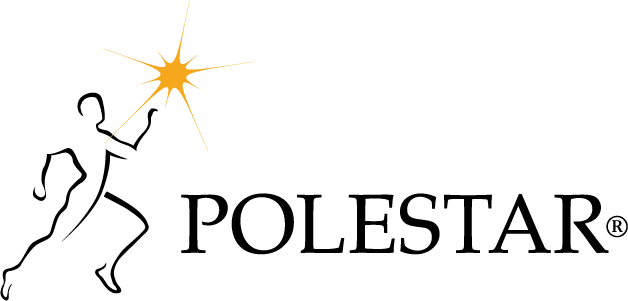With so much pressure on women to be back to normal after the birth of their baby, we are seeing an increase in the number of postpartum considerations occurring in women. These include prolapse, incontinence and pain.
Having a baby via vaginal delivery or C section should be treated more like major surgery instead of something we bounce back from in six weeks. This is not to say that women should not be exercising, but rather considering the tissue changes that occur in pregnancy and having a specific plan to return to the activities they wish to do.
Women are commonly told to do what they want after the birth of their child and feel the pressure to get their pre-baby body and fitness back immediately. Currently, there are no clear guidelines or rules in place to help protect against damaging the pelvic floor returning to exercise. At The Body Refinery, we recommend a postpartum consultation with one of our women’s health physiotherapists to help you design a plan to return to exercise.
Here are some general postpartum considerations when recovering from child birth and returning to exercise:
1: Rest
Let your body recover! You have been growing a baby for 40 weeks, which has involved tissues stretching and organs moving. Increased weight and the effect of relaxing have weakened your joints in your body. You have either laboured or had surgery. Rest and sleep are the best things for you to recover. Treat the first 6-12 weeks as a recovery period- a fourth trimester. Sleep is more important than ironing or running or getting your pre-baby body back.
2: Nutrition and Hydration
If you’re breastfeeding, your body needs a few extra calories and you need extra nutrients. Ask your health care professional if you need to take any supplements such as iron or calcium. A good GP, women’s health physio and dietician combination are important. Take care you yourself to be able to give the most to your new baby. Hydration is essential for all new mums. It helps with milk production but also helps with muscle and fascia recovery. Good hydration also helps with sleep.
-
Be Realistic
After all, your body has been through expecting to return to your pre-baby fitness levels and body shape in less than 9 months is unrealistic. It took 9 months to change and it is likely to take 9 months to change back. After having a check-up with a women’s health physio to ensure all the bit are where they should start slow. Set aside 30 mins a day for exercise. This may be a gentle walk initially just pushing the pram or some exercises that your physio gives you. Ask you physio to help you map out an exercise routine that will work around the care of your baby.
When you have a new baby to care for, you should take precautions to avoid being out-of-action due to injury. Some new mums may be ready to return to their pre-pregnancy exercise routine sooner than others, and some new mums may need to avoid certain exercises for several months. It’s important to remember that your body has experienced significant changes and that every mum’s pregnancy and birth experiences are unique to them, which is why it’s important to seek professional guidance during the 4th-trimester recovery phase.
Written by Susan Cottrell, Physiotherapist and Director of The Body Refinery
This article was originally published on The Body Refinery Blog
